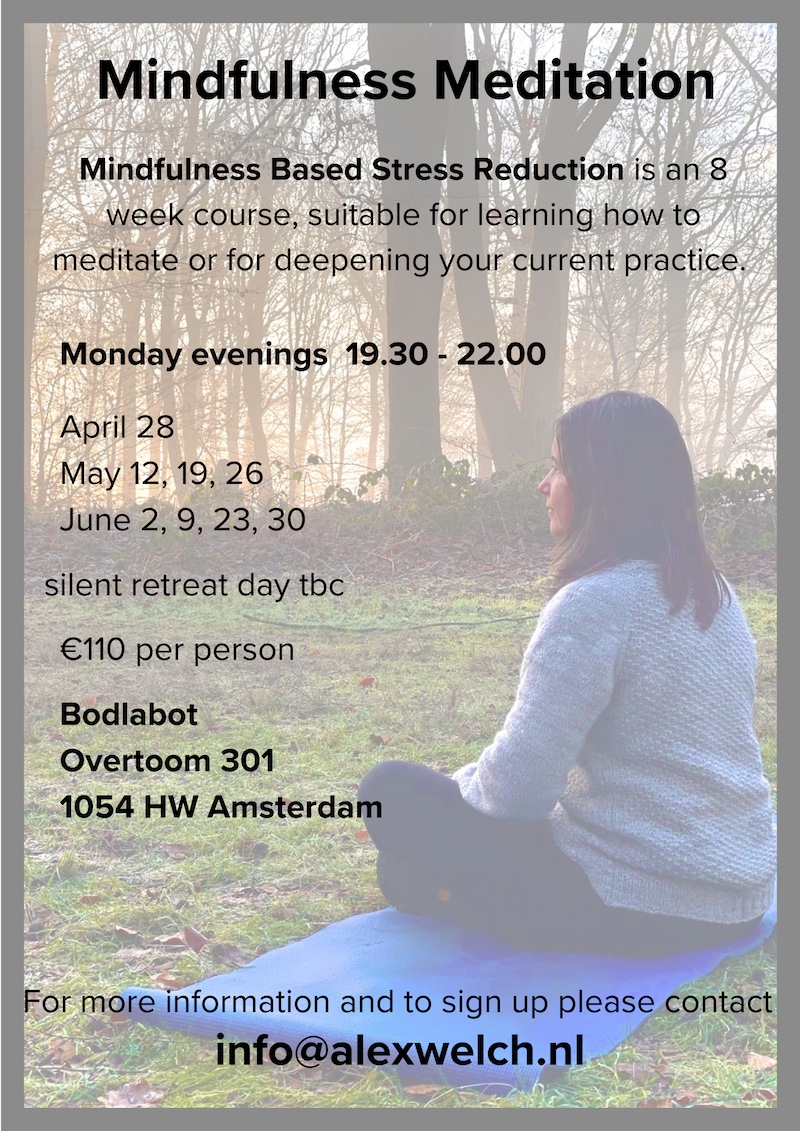What is Mindfulness-Based Stress Reduction (MBSR)?
MBSR, or Mindfulness-Based Stress Reduction, is an eight-week mindfulness training program that was created by Jon Kabat-Zinn in 1979 at the University of Massachusetts Medical Center. He initially created it for chronically ill patients who were not responding well to traditional treatments, but it is now used for a wide variety of reasons by hundreds of thousands of people worldwide and is supported by a wide body of research.
Although MBSR's roots are in Buddhism, it is a secular program open to everyone. Evidence has shown that it can be an effective aid in the treatment of many mental and physical health issues, as well as generally improving our performance, relationships, and well-being.
MBSR trains your attention to help you cultivate self-awareness, which allows you to make more wise decisions in your day-to-day life. You are invited to incorporate mindfulness into your routine, which will also help you be more aware of the present moment. These strategies help you avoid dwelling too much on the past or future. You can learn to respond to stress, rather than reacting to it. You can also change your habitual patterns.
What does an MBSR course look like?
Courses consist of weekly group meetings (these are 2.5 hour long classes), a one-day retreat with a seven-hour mindfulness practice, and daily homework (these generally last 45 minutes). The course is intense, but many believe it is worth the time commitment for the benefits to their health and wellbeing.
The 8-week format is also an opportunity to make a commitment to showing up and building a regular practice over a series of weeks. It takes this kind of repetition over time to form new patterns of thinking and habits. You will also find that learning to mediate in a group with others and under the guidance of an experienced mindfulness teacher will provide you with a good source of insight and support.
During classes we will learn a variety of meditative and movement practices. These include body scans, sitting meditation, yoga and other forms of gentle mindful movement, and mindful listening and speaking.
Mindfulness is a simple and very powerful practice of training our attention. It’s simple in that it’s really just about paying attention to what’s happening here and now (i.e. sensations, thoughts, and emotions) in a non-judgemental way. It’s powerful because it can interrupt the habit of getting lost in thoughts, mostly about the future or past, which often generates more stress on top of the real pressures of everyday life.
